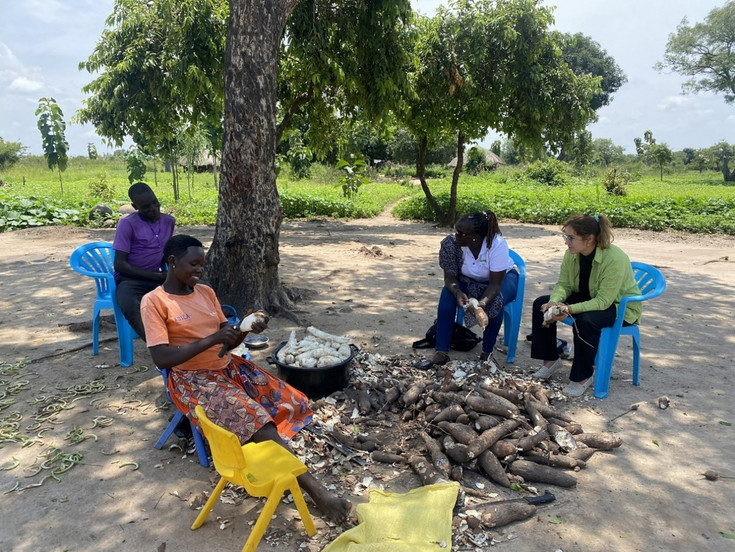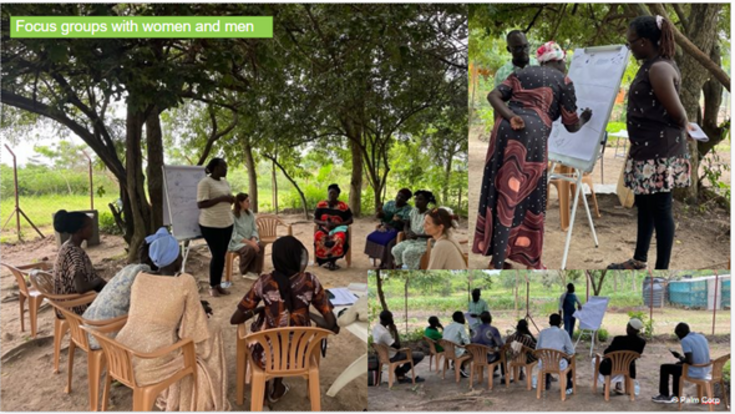Negotiating inclusion: an intersectional feminist approach to natural resource governance in refugee-host communities, Uganda
SUPERVISOR: Stefanie LEMKE
PROJECT ASSIGNED TO: Caroline PAPARU
Uganda’s progressive refugee policy integrates refugees into host communities, providing them with land for settlement and kitchen gardening, alongside support from UNHCR and its partners. However, over 60% of Uganda’s 1.9 million refugees live in poverty, intensifying competition for resources and creating tensions with host communities. Women and youth, who rely heavily on natural resources, face exclusion from decision-making, increased workloads, and heightened vulnerability to violence. My work focuses on the Rhino Camp refugee settlement in Uganda’s West Nile region, which hosts refugees from South Sudan and the Democratic Republic of Congo. I focus on the household level tensions and decision-making surrounding governance and use of natural resources. This is particularly interesting as the refugee settlement has recorded significant environmental degradation due to overuse of natural resources, with an annual biomass depletion rate of 8%. Because women and other marginalized groups are often those collecting and adding to this natural resource overuse, I have a specific focus gender and intersectionality.
Funded by the Austrian Partnership Programme in Higher Education and Research for Development (APPEAR) through the AMUTI project, this PhD research, investigates how inclusion is negotiated in natural resource governance within refugee-host communities. With a particular emphasis on the social roles of household actors, using an intersectional lens, the research will examine how decision-making processes perpetuate exclusion, influence intra-household, socio-ecological interactions and how household actors collaborate to ensure access, use and conservation of land, water, and forest resources in refugee- host communities. Qualitative methodologies including focus group discussions, in-depth interviews, participatory observations will be used in the research to gather gender-disaggregated data to highlight the power dynamics and structural causes of inequalities. This data will be collected in Siripi Zone, Rhino Camp Refugee Settlement in Terego and Madi Okollo Districts in West Nile, Uganda
The findings aim to promote sustainable resource management through inclusive knowledge transfer, benefiting marginalized groups. Additionally, the study will support the development of an MSc curriculum at Muni University to improve agricultural and natural resource governance practices and fosters transformative community engagement for socio-economic development in refugee-host communities.

Participatory observation: House hold visit in Simbili Village, Siripi Zone August 2025.

Focus Group discussions with women from the refugee community and men from the host community in Siripi Zone July 2025
